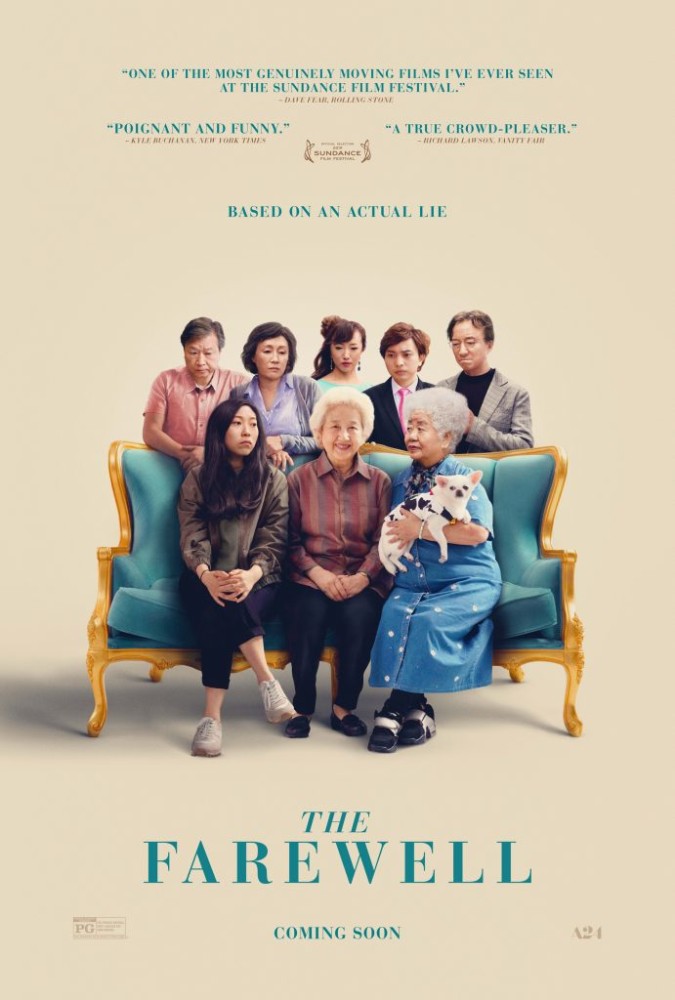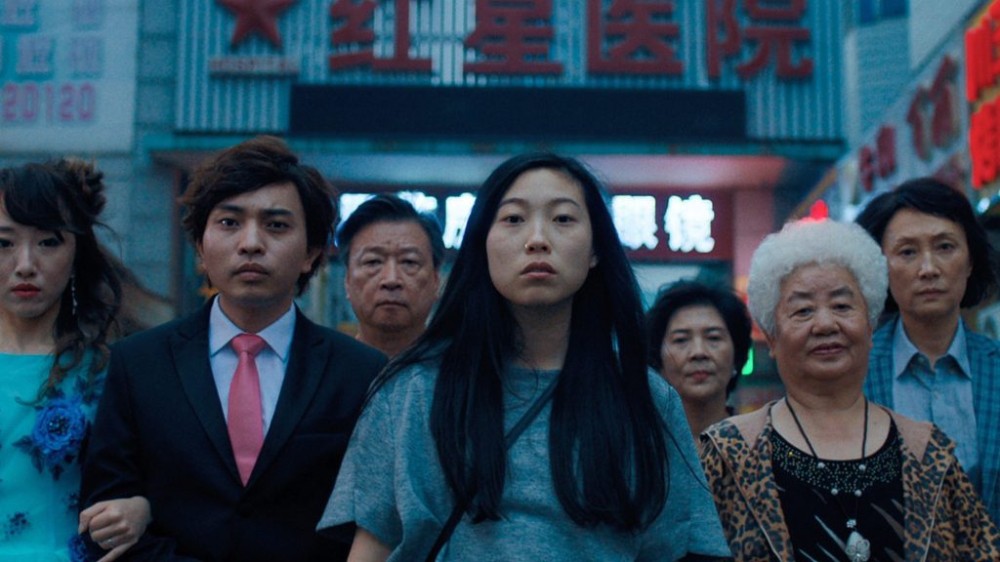The Farewell: Discovering family in the China-America culture gap
Oct 09, 2019

The opening scene of The Farewell, directed by Chinese-American director Lulu Wang, features a sweeping landscape painting of the Chinese wilderness. It is placed in a Hospital waiting room, with no natural light, and it’s this contrasting visual metaphor that that weighs on audiences throughout the film. Taken out of one’s natural place, who are you?
The farewell is a film as much about place as it is about family. Where do immigrants and migrants fit in in the fabric of America and China? For minority audiences of any race, it’s a question that is often on our minds. Are you seen for your ethnicity or for your nationality? When you don’t fit in one place or another, is there a way to reconcile this?
One of the possible answers is that it may not matter. While the film is framed via Billi, played by Awkwafina, it’s often the conflicts between her family members that force her to make tough decisions. In one scene where she remains quiet, her father, who is a naturalised American and his brother, who lives and works in Japan, have an argument about whether they are still Chinese or not. What is interesting is that while watching the film, you quickly realise that the question of nationality seems to melt away and what becomes apparent is that it is family that ultimately unites them.

Wang’s portrait of a disconnected family that is spread around the globe brings up larger questions in an age where it is ever more common for people to work, live and eventually start new lives in foreign places. What we see is a family that is physically and emotionally tearing at the seams, being drawn together one last time by a matriarch to teach them an ultimate lesson about the true meaning of place.
As a first-generation son of refugees, these questions still weigh heavily on my mind as I play a balancing act between where I am from and who I am. Similarly, it was my grandmother who brought the family together, she was the glue that united my distant relatives and brought us together to remind us that beyond nationality and ethnicity is family. Is is this unique unit that everyone has that ultimately defines them beyond any nationality or ethnicity.
At the end of the film, there are more questions than answers, and that’s a good thing. What we are left with is a realisation that even though families separate, the sense of home doesn’t lie in a place or a label outsiders give you, it lies in the depth and compassion of family, and it’s that bond that ultimately defines the immigrant experience.



























